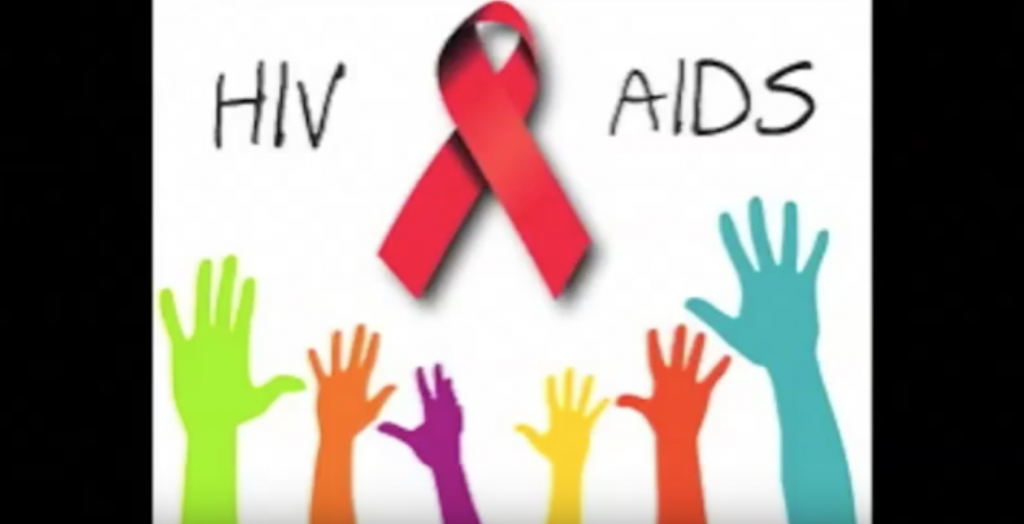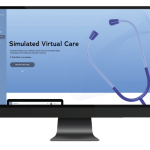HIV/AIDS has evolved tremendously over the last three decades with the advancement of effective therapeutics. Despite this, HIV/AIDS remains one of the leading causes of death among adults, particularly in the Southern United States. As a result, the emphasis on end-of-life (EOL)/ advanced care planning is essential for persons living with HIV/AIDS (PLWHA). Three projects have been conducted with HITS that pertain to advanced care planning among PLWHA using digital stories as a powerful digital communication medium. Digital storytelling refers to an expressive medium of digital media production consisting of first-person narrative, pictures, movies and music or sound effects to share ideas or aspects of a life story. It is a process enabling self-reflection and a powerful health promotion tool.
The first project explored the use of digital stories to express patients: wishes regarding care at EOL, feelings toward those involved in their care, personal legacies, memoirs, as well as other meanings. Composite digital stories were created through collaboration with four student actors who portrayed different narratives regarding advanced care planning needs/wishes of PLWHA. Each actor chose a scenario based on data generated from previous research about the EOL needs of PLWHA. From there, the actors wrote a narrative script which was read aloud, recorded, and transformed into a digital media production incorporating music, pictures, and video to make a 3-5 minute digital story.
Access the digital stories here: http://www.youtube.com/watch?v=uuhlha1JJDM&feature=youtu.be%3C
The aim of the second project was to use the digital stories created in the first investigation to examine perspectives from providers and persons living with HIV/AIDS about the acceptability, benefits, and technological challenges of and barriers to using digital storytelling for advanced care planning. A qualitative descriptive design was employed using focus groups of 21 participants in South Central Appalachia. Transcribed data were analyzed using qualitative content analysis. Findings revealed patient and provider ideas about ACP, factors related to digital story acceptability, stigma against persons living with HIV/AIDS, and concern for the legality of ACPs expressed in digital story format.
The third project aimed to assist six PLWHA in creating their own digital stories to communicate advanced care planning wishes in the form of a digital advanced directive or memoir. All study participants participated in 5-7 unique sessions in the HITS Smart Home that were guided by the study PI. Participants used an iPad, video, and photographs to create their stories. Data collection is complete and the study team is in the process of analyzing the findings of the completed digital stories.
Project team
PI: Sadie Hutson, PhD, RN, WHNP, BC
Co-PIs: Joanne Hall, PhD, RN, Tami Wyatt, PhD, RN, CNE, ANEF, FAAN
Published
Hall, Joanne, et al. “Anticipating Needs at End of Life in Narratives Related by People Living With HIV/AIDS in Appalachia.” American Journal of Hospice and Palliative Medicine®, vol. 35, no. 7, July 2018, pp. 985–992, doi:10.1177/1049909118754879.
Hutson, S. P. (2017). Anticipating needs at End-of-Life in Narratives Related by People Living With HIV/AIDS in Appalachia. Qualitative Health Research, October 16-19, 2017, Quebec, Canada. Podium presentation, refereed.







